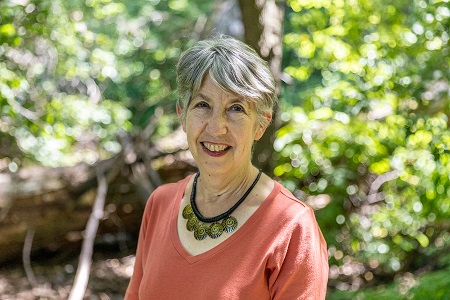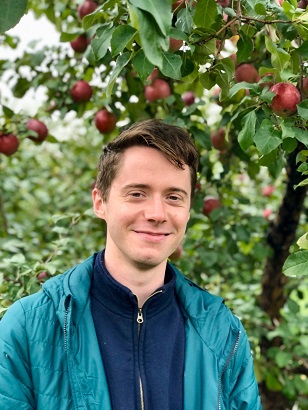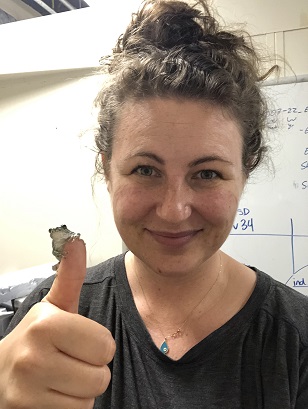Members of the Zuk lab are driven by a passion for behavioral ecology. As a research group, we are broadly interested in sexual selection, and work on a wide range of projects related to animal behavior and rapid signal evolution.
Principal Investigator
Professor Marlene Zuk

Current Postdocs
Dr Jon Richardson

Dr Richardson joined the lab in January 2022. He is interested in condition dependence, same-sex sexual behavior, and using meta-analyses to address broad questions about mate choice. For his PhD he studied parental care and life-history trade-offs in burying beetles at the University of Edinburgh. You can find out more about his research on his personal website or Twitter page.
Current Graduate Students
Aarcha Thadi

Aarcha joined the Zuk lab in Fall 2020, and has been exploring a variety of questions around life-history trade-offs and reproductive behaviour. She currently works on both the endemic Hawaiian lava crickets as well as the Pacific field cricket, trying to understand how their reproductive traits have adapted to deal with their respective extreme environments.
Lili Hagg

Lili joined the Zuk lab in Fall 2020, and has been interested in sexual conflict specifically in regards to mate guarding and female remating. She currently answers these questions by studying the behavior of the Pacific field cricket.
Katie Krueger

Katie is a PhD student who started her work in the Zuk lab as well as Dr Mark Bee's lab in Fall 2021. She is interested in how signals and preferences evolve in acoustically complex environments and she specifically asks evolutionary questions that can be answered during the context of mate choice.
Current Undergraduate Students
Echo Ireland
Ruby Ales
Isabelle Hoversten
Madelyn Michels
Lab Alumni
Former Postdocs
Dr Justa Heinen-Kay
Dr Mingzi Xu
Former Graduate Students
Mounica Kota (M.S. 2023)
Rachel Olzer (PhD 2020)
Jessie Tanner (PhD 2018)
Narmin Ghalichi (M.S. 2018)
Rebecca Ehrlich (M.S. 2017)
Former Undergraduate Students
Derek Holec
Michael Tran
Mel Bartlett
Tracy Vu
Megan Sampson
Brandon Deitschmann
Kristine Jecha
Sara de Sobrino
Aaron McCullough
Robin Mullard
Rachel Nichols
Kristin Robinson
Taren Stanley
Liz Wild
Kirstine Grab
Adam Hartman
Jake Hjort
Marissa Peyer
Grace Richmond
Erin Schwister
Ellen Urquhart
Daina Strub